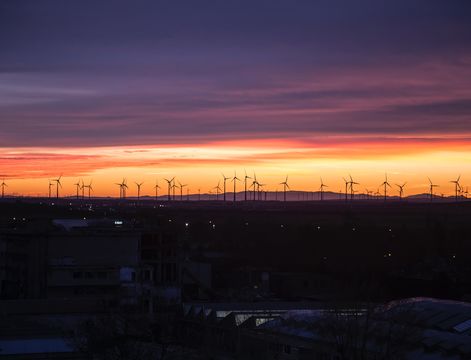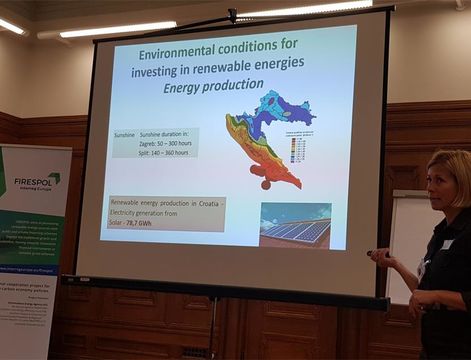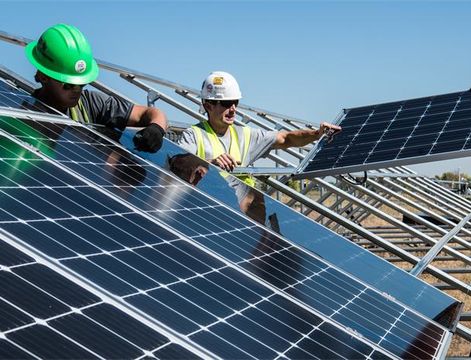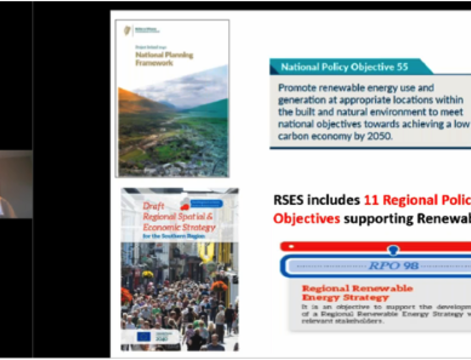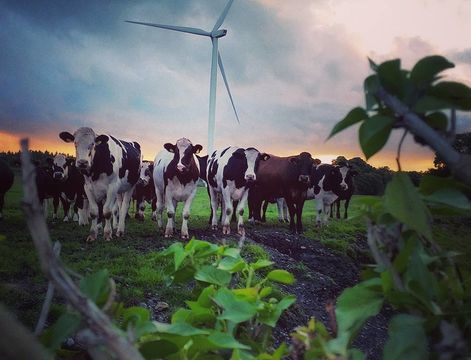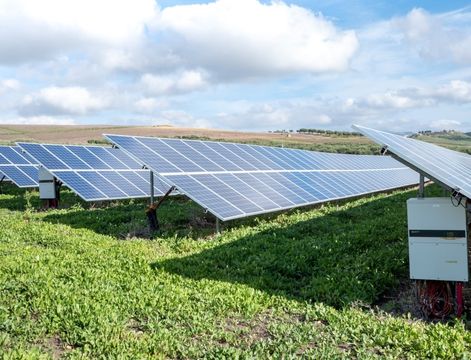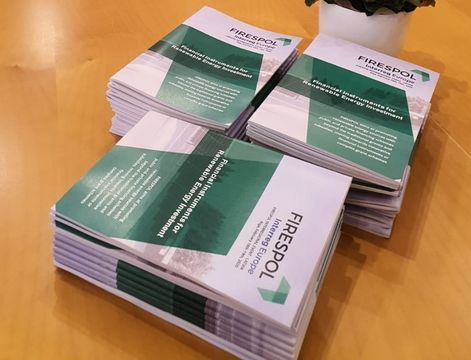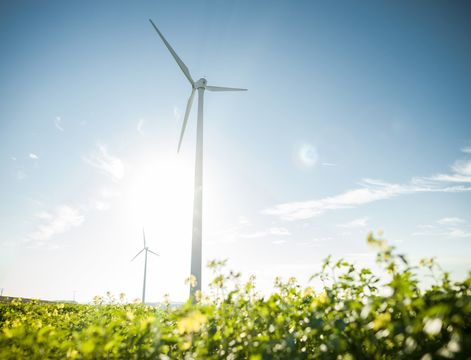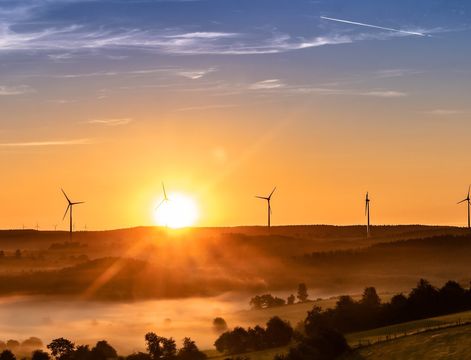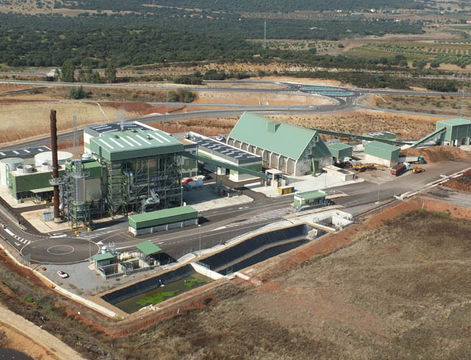 The Renewable Energy in Ireland 2019 report provides a detailed analysis of Ireland’s progress towards the 2020 renewable energy targets. The report is clear that Ireland will not meet these renewables targets, despite a strong performance in renewable electricity. In 2017, 30% of electricity was generated from renewable sources, largely due to increased generation from wind, which accounted for 84% of all renewable electricity.
The Renewable Energy in Ireland 2019 report provides a detailed analysis of Ireland’s progress towards the 2020 renewable energy targets. The report is clear that Ireland will not meet these renewables targets, despite a strong performance in renewable electricity. In 2017, 30% of electricity was generated from renewable sources, largely due to increased generation from wind, which accounted for 84% of all renewable electricity.
“While reducing the carbon intensity of electricity is critical to meeting Ireland’s climate change objectives it is simply not enough on its own. We need to make progress in all areas of energy use and rapidly increase the adoption of renewables across heating and transport, if we are serious about reducing Ireland’s carbon emissions.” Jim Gannon, CEO, SEAI
“It is clear that we need to step up our ambition. The window for opportunity is closing and we must respond urgently. The all of government Climate Plan will be published shortly. This will show a range of actions across sectors of society with clear timelines. Our focus will be on implementation and lifting Ireland’s ambition.” Richard Bruton T.D. , Minister for Communications, Climate Action and Environment.
Ireland has committed to a target of 16% of total energy from renewable sources by 2020. The report shows that 10.6% of energy consumed in Ireland in 2017 came from renewables, with the remainder coming from carbon intensive fossil fuels.
Transport represents the single largest sector of energy use, but the lowest share of renewables. In 2017, 97% of transport energy was from oil-based products. The vast majority of renewable energy in transport came from bioenergy with renewable electricity accounting for approximately just 1%. Urban rail services have traditionally been the biggest users of electricity for transport, however the number of electric cars on the roads is increasing, albeit from a low base.
“The development of Irish sources of renewable energy, can create local jobs and encourage inward investment. Renewable energy is essential to support the transition to a sustainable economy – one that is not wedded to the use of imported fossil fuels” Jim Gannon, CEO, SEAI
Renewable Energy in Ireland 2019 Report : www.seai.ie/__uuid/d3f7f05a-02db-4535-bb64-c9cc5a7b7930/Renewable-Energy-in-Ireland-2019.pdf


